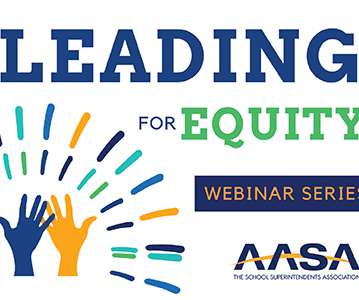3 ways to support special education students with college and career readiness
eSchool News
JANUARY 5, 2024
Often, these students don’t have access to the same level of resources that are available to general education students. While we have made great strides in how we support students receiving special education services, there are still equity gaps that exist in areas like college and career planning.
























Let's personalize your content